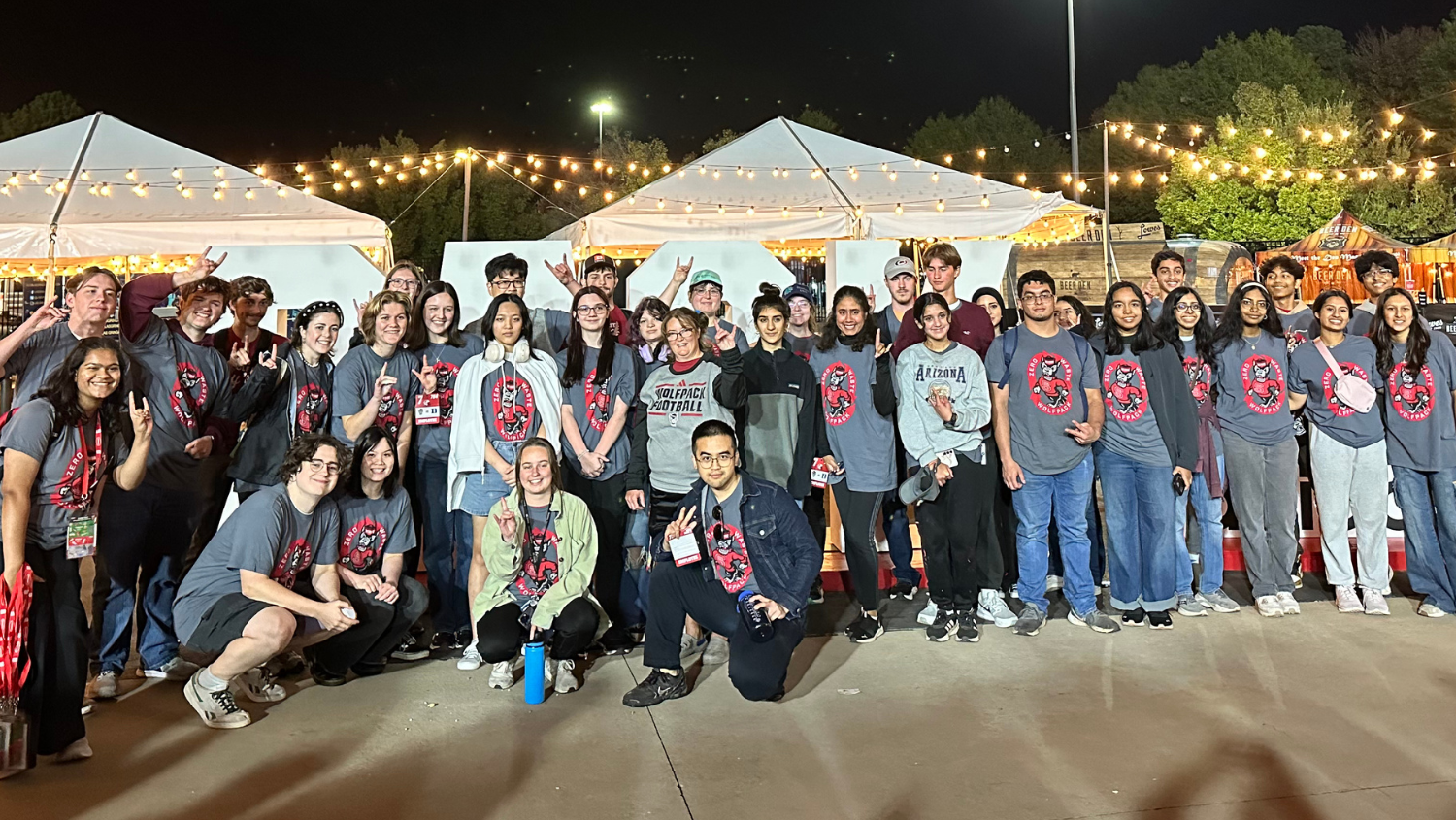Waste Reduction
New Water Microcleaners Self-Disperse, Capture Microplastics and Float Up for Removal

New Student Internship to Explore Campus Circularity
Zero Waste Workplace: Advancing NC State’s Sustainability Goals
For The Love of Waste: A Career Panel Inspiring Sustainability Leaders
Diversion Discussions with Alumni Kaley Cross Warner
Waste Reduction & Recycling Celebrates a Year of Impactful Diversion Efforts
New Research Improves Predictions for Solid Waste Management

Zero Waste Wolfpack Wraps Up an Impactful 2024 Season
University Housing Furniture Renewal Efforts Make a Positive Impact Across the State
